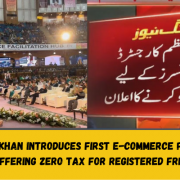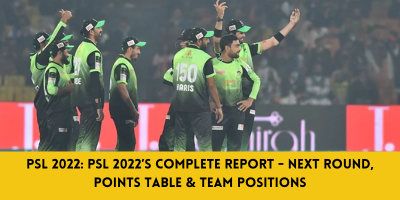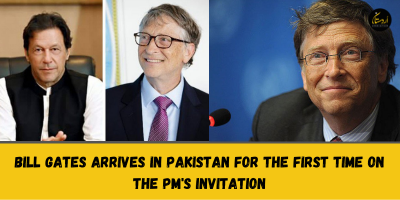Pakistan’s SIM Blockade for Non-Filers Raises Concerns from GSMA, Tech Industry
Pakistan’s Federal Board of Revenue’s (FBR) directive to block mobile SIMs of non-tax filers for Tax Year 2023 has sparked debate. The move, outlined in the Income Tax General Order (ITGO), aims to boost tax compliance but faces concerns from the GSMA (representing international telecom operators) about its impact and potential to hinder Pakistan’s “Digital Pakistan” initiatives. This decision, sending shockwaves through the tech and economic spheres, raises questions about the effectiveness and potential unintended consequences of using SIM blocking to enforce tax collection.
Pakistan’s SIM Blockade for Non-Filers: Concerns Beyond Numbers
While Pakistan’s move to block the mobile SIMs of non-tax filers aims to boost tax collection, the GSMA (which represents mobile operators worldwide) has raised concerns about its impact. Their worries extend beyond the immediate inconvenience for those affected.
Digital Divide and Vulnerable Populations:
Blocking SIMs creates a digital divide, restricting access to essential services like online education, mobile banking, and communication. This disproportionately affects people in rural areas who rely on mobile connectivity and could hinder social and economic mobility, especially for women who already face a mobile gender gap.
E-commerce and Investment Challenges:
A robust mobile infrastructure is crucial for a thriving digital economy. Blocking SIMs disrupts e-commerce transactions, financial services, and online businesses, potentially harming investor confidence and hindering the “Digital Pakistan” initiative’s goals.
The GSMA emphasizes that while tax compliance is important, alternative measures are needed to avoid unintended consequences and ensure Pakistan’s more inclusive digital future.
Finding a Sustainable Solution: Balancing Tax Collection and Digital Inclusion
The GSMA acknowledges the importance of tax collection but urges the FBR to explore alternative strategies with less disruptive effects. Here’s how they propose achieving a balanced approach:
Voluntary Compliance Programs:
- Public awareness campaigns to educate citizens about the importance of tax filing.
- It simplified registration processes to make filing easier.
- Tax breaks or incentives for new registrants to encourage participation.
Improved Tax Collection Mechanisms:
- Strengthen existing tax collection systems to tackle tax evasion.
- Streamline administrative processes for a fairer and more efficient system.
Collaboration for a Digital Future:
The GSMA proposes a collaborative effort between the FBR, Pakistan Telecommunication Authority (PTA), and mobile operators. This collaboration could involve:
- It is developing verification methods for tax compliance that maintain mobile connectivity.
- It is finding solutions that support digital inclusion for all segments of society.
By working together, stakeholders can ensure a robust tax system while fostering a thriving digital economy in Pakistan.
Collaboration is Key
Finding a solution that balances tax collection with digital inclusion requires a collaborative approach. Here’s where key players can contribute:
- FBR: Revise the ITGO to incorporate a tiered approach considering income levels and potential for future tax contributions. Collaboration with the PTA and mobile operators can help identify a more targeted and inclusive approach.
- Pakistan Telecommunication Authority (PTA): Work with the FBR to develop alternative verification methods for tax compliance that don’t disrupt mobile connectivity. This could involve data-sharing agreements with financial institutions or leveraging existing digital identity solutions.
- Mobile Operators: Offer educational resources and support programs to help citizens understand tax registration and its benefits. Partnering with the FBR on targeted outreach campaigns can encourage voluntary tax compliance.
A Look Ahead: Balancing Progress and Responsibility
The SIM blocking policy is a stark reminder of the complex interplay between technology, governance, and economic development. By acknowledging this policy’s social and economic consequences, Pakistan can find a solution that promotes responsible digital citizenship and fosters a more inclusive digital economy. Resources like the GSMA’s Children and Mobile Technology resources can provide valuable guidance in promoting responsible mobile usage for all citizens. Pakistan’s progress towards a “Digital Pakistan” hinges on striking this crucial balance.











Comments